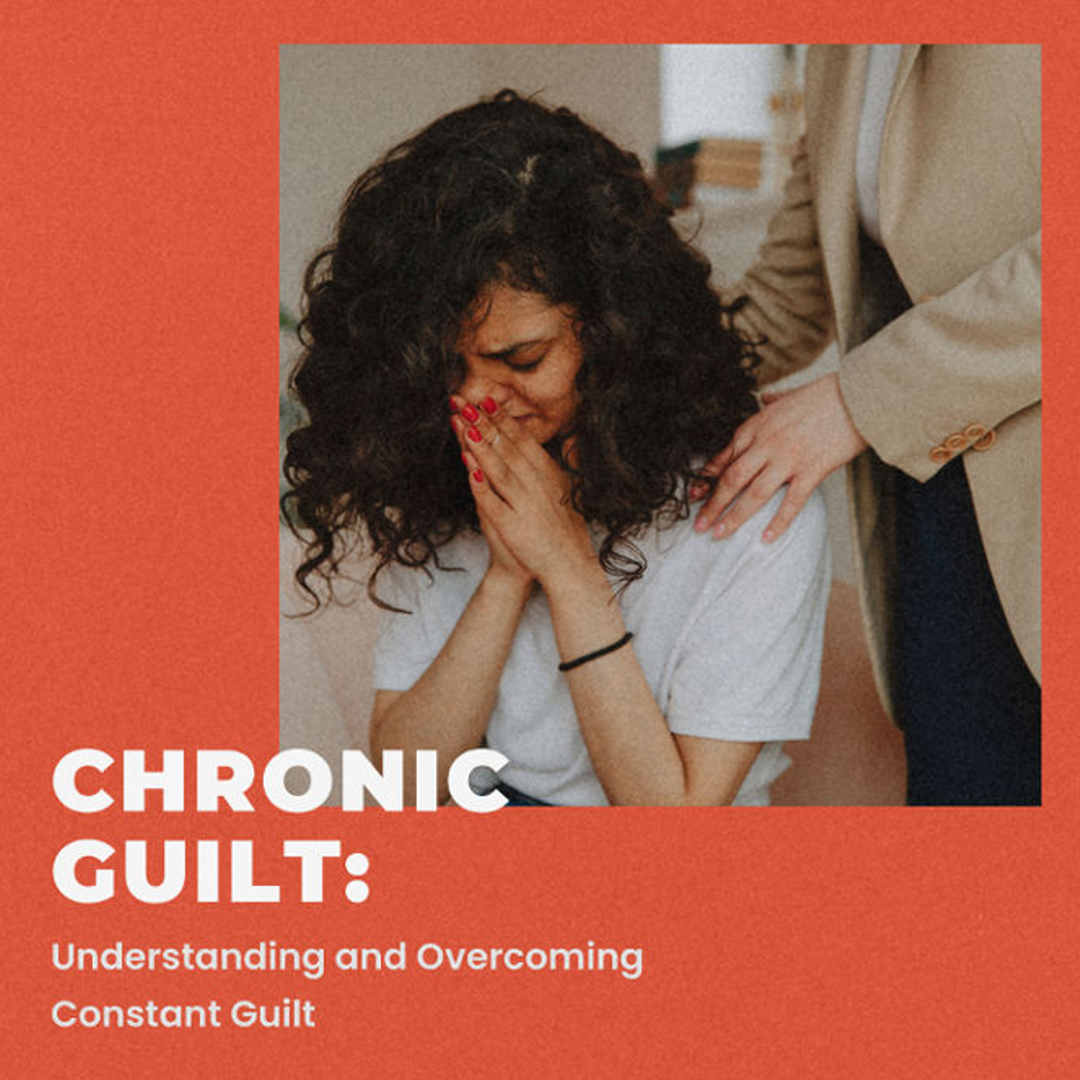CATEGORIES
#Relationship Building #Well-Being #Young LeadersOverview:
- Chronic guilt is a persistent feeling of blame or remorse, often for things that can be outside of your control.
- Guilt can manifest in different ways and can affect someone from their emotions up to their relationships.
- Overcome chronic guilt by identifying the root cause and being around your support system.
The Constant Companion: Unraveling the Reasons Behind Chronic Guilt
Have you ever found yourself feeling a persistent sense of guilt, even for things that are outside of your responsibility? Guilt is a complex emotion. It is usually felt by someone who feels like they have put others in a complicated situation. It is a multifaceted emotion, and there are numerous reasons behind it that sometimes can be hard to really explain. Here are some of the reasons behind chronic guilt:
Parenting Practices: While there are various parenting styles, unintended guilt trips by parents during childhood can have long-lasting impacts. This means the guilt-tripping someone experienced in their childhood sometimes doesn’t end there. People who experienced it consistently in their childhood may carry the burden as they grow up. This is why understanding the long-term effect of guilt-based parenting can help parents choose a more positive approach.
Intergenerational Trauma: Families with strong traditions such as filial piety. The reason for this is that they tend to prioritize their families over their own. Especially during times when their choices can cause conflict with family expectations. This also involves the feeling of constantly wanting to please others, ultimately contributing to chronic guilt.
Social Pressure: Society often sets certain expectations or standards for individuals, ranging from the way we dress to someone’s achievements. When individuals do not conform to the set standard it may cause feelings of guilt for being different.
Religion: Some religions promote the idea of being righteous and have strong moral codes about sin and punishment. People who experience chronic guilt may feel it more in situations where their actions don’t meet the moral standard.
Perfectionism: If someone has high standards of expectations it can lead to inner criticism. It fuels feelings of guilt within them when they don’t achieve what they expect.

The Spiraling Effects of Guilt
Emotional Distress : People who experience persistent guilt may experience anxiety, humiliation, depression, as well as other forms of emotional discomfort. This may prevent someone from functioning properly in their day-to-day life, while potentially affecting their general health.
Social Withdrawal: Isolation can be one of the ways people respond to guilt. The fear of judgment can lead to withdrawal from social activities and other relationships.
Low Self-Esteem: Individuals who suffer from this condition may feel that they are naturally flawed and can’t make good decisions. Making them more focused on their failures rather than overcoming them.
Hindered Growth: The fear of making mistakes or causing harm to others may prevent people from taking risks or making new choices. This is to avoid feeling guilty, hence leading to passiveness with their daily activities hindering growth and learning.
Damaged Relationship: Guilt can make even the strongest relationships strain, this is because of constant self-blame. This situation can lead to defensiveness and miscommunication, which can have a great impact on relationships with other people.

Overcoming Chronic Guilt: Strategies for Breaking Free from Early Conditioning
Identify Root Cause : Find and understand the root cause of the persistent guilt. Was it a childhood experience, cultural influence, or something else? Determining the cause may help someone to figure out the root cause and how they can address it.
Apologize and Practice Forgiveness : When the source of your guilt is hurting someone, consider offering a sincere apology. Taking ownership of the situation can lessen the burden and acknowledge the impact it causes other people. There are times that even if we offer our deepest regrets, we still feel the guilt. The reason for this is that forgiveness is always a two-way street. Forgive yourself and move forward with new learnings.
Practice Self-Compassion: Reminding ourselves that we are only humans can help us realize that in order to grow, we have to make mistakes. At the end of the day, it’s about how we handle the situation with humility and an open mind.

Express Your Feelings : Talking to a friend can help in a lot of ways in expressing what we feel. In this sense, we avoid social withdrawal and can be more open about our feelings. This action can help someone cope with the situation healthily.
Seek Professional Help: If this has hindered you from growing and living life peacefully, consider talking to a professional like a therapist. As they are the best people to provide guidance on how this can be managed.
Conclusion:
To conclude, guilt in general is a necessary emotion for all of us. This helps us to stay grounded, humble, and empathetic towards other people. While these are important emotions for human beings, chronic guilt can be deeply rooted in our environment and our upbringing. We just need to be reminded that we hold the power to create new, better versions of ourselves.


